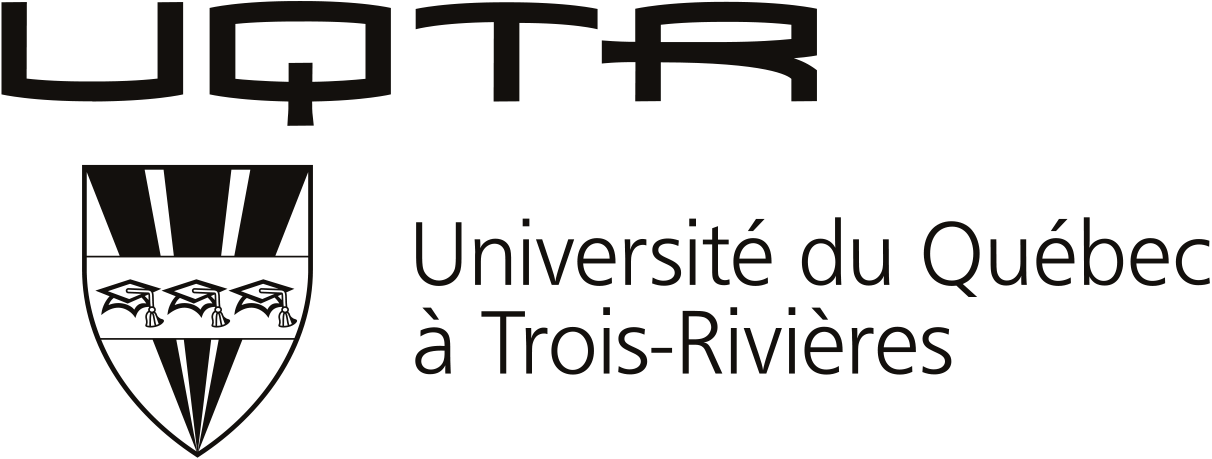Malaise et positions psychiques de l’éducateur spécialisé et de l’éducateur de jeunes enfants dans le secteur de l’éducation spécialisée
Psychic positions and malaise of specialized educator and early childhood educator in the specialized education sector
Mots-clés :
Distances professionnelles, Éducation Spécialisée, Enfant, Malaise, Motivation, Personnel professionnel, Positions psychiques, Psychologie clinique, Québec, Relation intervenant-client, Représentations, Santé au travail, Professional Distances, Specialized Education, Child, Professional Staff, Psychic Positions, Clinical Psychology, Quebec, Stakeholder-Client Relationship, Representations, Health at WorkRésumé
Cet article s’appuie sur une recherche (Simonin, 2008) centrée sur les représentations que les éducateurs spécialisés et éducateurs de jeunes enfants se font de leur métier dans le secteur de l’éducation spécialisée. Un premier axe s’est interrogé sur ces deux professions. Il questionne la notion de malaise, n’étant pas une pathologie de la relation, autour d’une proposition de définition, la différenciant du burn-out. Ce malaise s’inscrit dans les représentations de la parentalité, du lien en souffrance. Dix-huit entretiens cliniques de recherche ont été effectués. Une analyse transversale met en valeur cinq positions professionnelles, deux lignes bi-faces et deux lignes en tension. Les conclusions ouvrent vers la pertinence d’articuler ces deux formations, présentant une écoute différente de la psychodynamique de l’enfant et de l’adulte. La « survivance » s’inscrirait dans une attention des différents liens qui s’entremêlent, de la personne accueillie, du professionnel, de l’institution et la société, pour plus de prévention.
Abstract
The study is focused upon the representations specialized social workers and social workers with young children have about their jobs concerning children, teenagers and adults in the area of special educational needs. It deals with the notion of uneasy feeling which is not a pathological relationship, contrary to the burn-out. This problem lies on the representations of child placement, parenthood as well as the ensuing relationship. The research topic defines the signs of uneasy feeling through this educational area. Eighteen clinical interviews for the study have been carried out according to a two-sided representational thematic categorization analysis. Five professional positions are highlighted through a cross-section analysis. Two-sided lines of force and rupture are brought out. Conclusions will lead to a relevant interconnection of both trainings that will take into account a different psychodynamic perception of children and adults. The “survival ability” would thus lie on paying attention to the different links that mix together the placed people, the professional, the institution and the society, all for a better prevention.


